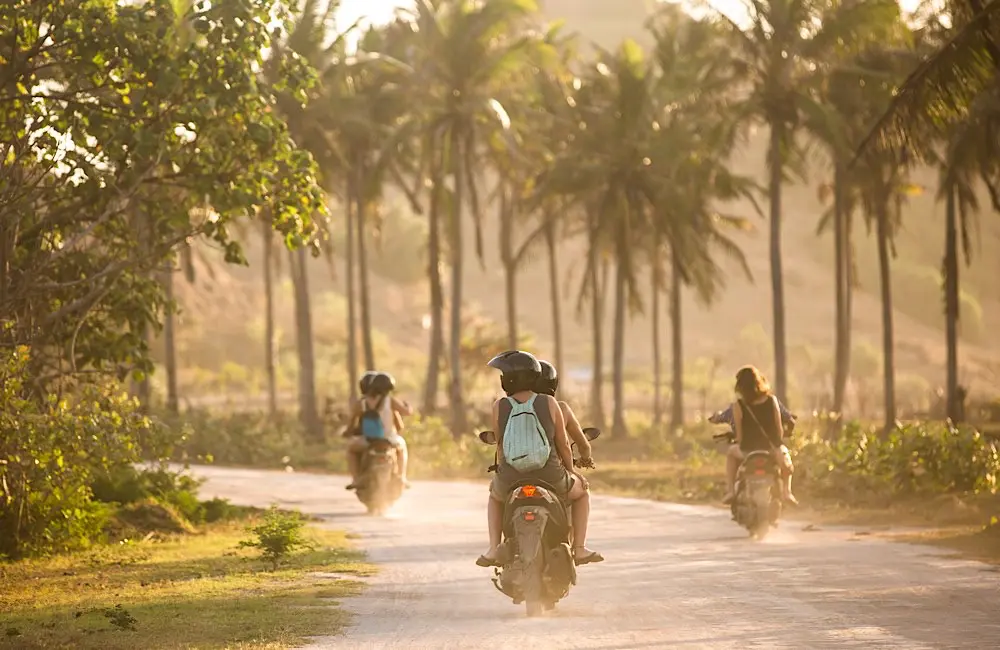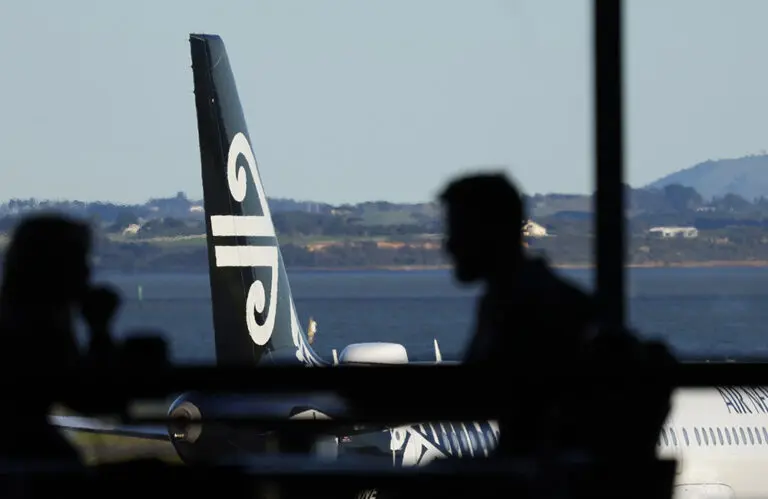Monkey bites, scooter mishaps and Bali belly. They might sound like backpacker war stories, but new data from Southern Cross Travel Insurance (SCTI) shows these are the real claims Aussie travellers are making—and they’re adding up. With school holidays approaching, SCTI’s snapshot offers a reminder to pack travel insurance right after the swimmers and sandals.
Turns out the most common claim for Australians in Bali isn’t a broken ankle or a lost phone—it’s an upset stomach. Often referred to as ‘Bali belly’, gastro claims jumped 79% in January 2025 compared to the same time last year.
Since November 2024, more than half (56%) of SCTI’s gastro-related travel insurance claims have come from Indonesia. The average payout? Just over $1,000—though some reached as high as $30,000.
These claims typically cover medical treatment for gastroenteritis, including doctor’s visits, hospital stays for dehydration, and prescription medications like antibiotics and anti-nausea tablets. While often manageable, untreated Bali belly can knock out multiple days of a holiday—and rack up unexpected bills fast.

Scooter mishaps and bag snatches
Scooters are a popular way to zip around the island, but they also come with risks. In 2024, SCTI received 21 claims related to scooter or moped incidents from Australians, including two that resulted in hospitalisation.
One traveller pulled over to check directions. In the time it took to glance at their phone, another scooter zipped past and grabbed their bag.

Monkey business
Not all the misadventures are motorised. Several claims last year came from monkey bites—yes, actual monkeys—at temples and popular tourist areas. Cheeky and fast, they’ve got a bite worse than their bark.
Other incidents include reef cuts, sunburn issues, and surprise allergic reactions—none of which make for a great holiday, especially without cover.
Bigger bills, bigger emergencies
Most claims fall into the minor-but-annoying category, but a few get serious—and expensive.
“At the more serious end, SCTI has supported Australians in Bali through 91 emergency cases across 2024,” said SCTI Chief Customer Officer Jess Strange. “The most complex involved a young person experiencing seizures, who required an air ambulance home at a cost of around $232,000.”
Bali demand still booming
Despite the bumps, bruises and bellyaches, Australians aren’t turning away from Bali—in fact, they’re going in record numbers.

SCTI reported a 43% year-on-year increase in Aussie travellers buying cover for Bali trips since the 2022/23 summer holidays. In 2024, claims from Bali made up 16% of SCTI’s total.
“The demand from Australians for Bali breaks over the summer has been on the rise since the end of the COVID-19 pandemic,” said Strange. “Interest in travelling to the beautiful island has continued to grow during the summer of 2024/25.”
Why it matters
SCTI’s latest data isn’t a horror story—it’s a helpful cheat sheet. Travel agents can use this info to guide conversations about cover, especially during peak periods like school holidays. From minor misadventures to serious emergencies, these claims show that even the best-planned trips can go sideways.
Since 2009, SCTI has insured over one million Australian holidays, giving peace of mind to more than 1.5 million travellers. The insurer began in New Zealand in 1982 and expanded to Australia in 2009.
KARRYON UNPACKS: Think of this as your Bali briefing: Gastro’s the most common claim, scooters and monkeys bring the chaos, and the biggest bills come from emergencies no one expects. For travel agents, it’s the perfect time to flag the risks (without the fear) and reinforce why insurance isn’t optional in Bali.






